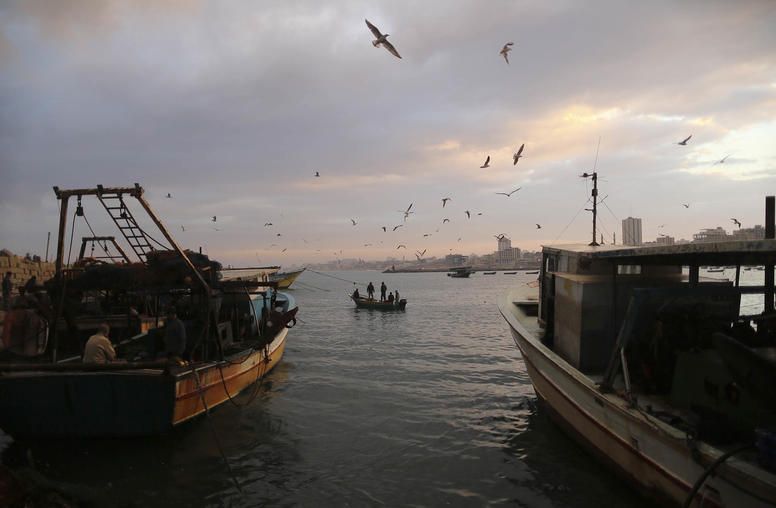Current Challenges to Christian-Muslim Relations in Egypt
On Friday, June 14, two Egyptian religious leaders, Grand Mufti Mohamed Ali Goma’a and Bishop Mouneer Hanna Anis, discussed the challenges their communities face in the democratic transition of their state.

After decades of authoritarian rule, Egypt’s transition to democracy is tackled incredible challenges including political, social and economic reform, infrastructural development, and the ongoing religious sectarianism. During Hosni Mubarak’s rule, Christian-Muslim relationships could be described as passively tolerant for the sake of maintaining national unity and harmony.However, since the revolution and the election of the President Morsi and the Muslim Brotherhood party, extremist narratives have surfaced causing conflicts between Muslims and Christians.What challenges do religious leaders and their communities face in the current democratic transition? What steps have religious leaders taken to curtail extremist narratives?
These questions were addressed during an event, held on Friday, June 14, 2013 from 10am-12pm, with the following discussants:
- Dr. Mohamed Ali Goma'a, Discussant
Grand Mufti, Egypt - Dr. Mouneer Hanna Anis, Discussant
Anglican Bishop, Egypt - Dr. Qamar-ul Huda, Moderator
Religion and Peacemaking Program, U.S. Institute of Peace



